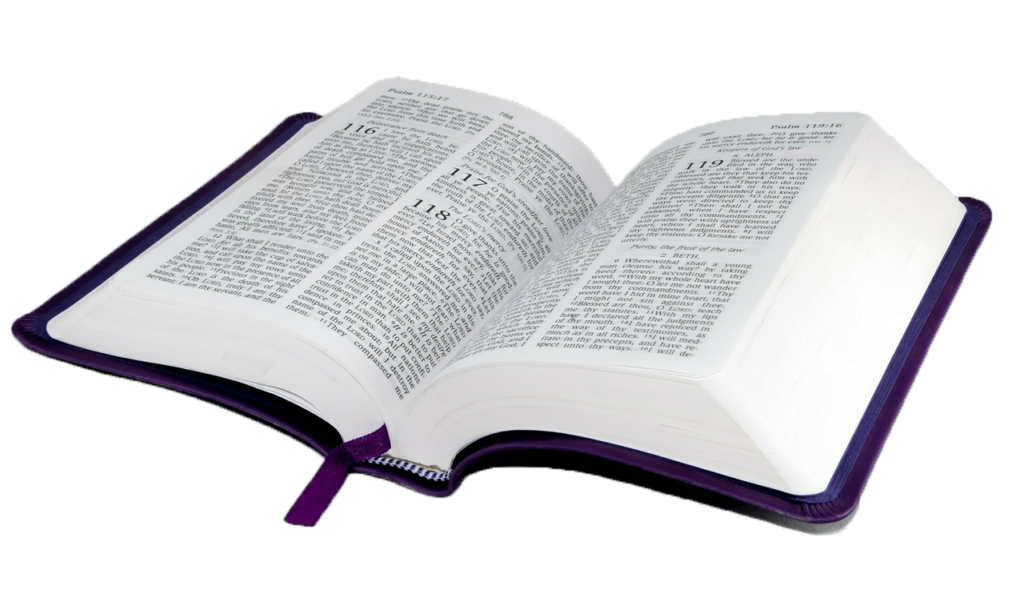What a great question.
I have grown to love the ancient words and stories of the Bible. I love to ponder them and am amazed at how these words resonate within me; they echo through my day. I read the Scripture because I love watching the way Jesus interacts with so many different men and women. His unexpected questions, his rebukes catch me by surprise even when I know they are coming. I love the small details that each Gospel writer includes and the striking originality of the parables.
As Christians we believe that the Bible is the inspired Word of God. It’s food for the soul and the font of our spiritual life. St Jerome declares; ‘ignorance of Scripture is ignorance of Christ.” This is probably the core reason for reading the Bible – it’s one of the ways to develop a relationship with Jesus.
St Bernard of Clairvaux reminds us; “The Christian faith, however, is not a ‘religion of the Book’ but of the Word of God, ‘not a written and mute word, but incarnate and living one’ We read the Scripture because it is the living Word of God.
“Because God himself is the author of Scared Scripture. For this reason, it is said to be inspired and to teach without error those truths which are necessary for our salvation. The Holy Spirit inspired the human authors who wrote what he wanted to teach us.” Compendium of the Catechism (CCC 18)
The Vatican II document, DeiVerbum is a core document about how God’s Word invites us to listen, as a loving friend, and develop a close relationship with Jesus.
“2.. Through this revelation, therefore, the invisible God (see Col. 1;15, 1 Tim. 1:17) out of the abundance of His love speaks to men as friends (see Ex. 33:11; John 15:14-15) and lives among them (see Bar. 3:38), so that He may invite and take them into fellowship with Himself.“
The Bible also provides us with ‘a lamp to my feet and a light to my path.’ There are several passages which offers a distinctive guideline about how to live a life of human flourishing: The Beatitudes in Matthew’s Gospel ‘How happy are the poor in spirit; theirs is the kingdom of heaven… outlines Jesus’ Kingdom.
The Beatitudes, in both the Gospels of Matthew and Luke, summarise the essence of Jesus’ programme for life. In a concise way they pull together Jesus’ proclamation of the divine kingdom. The kingdom is not defined in concrete terms but by the qualities of those who accept it.
The other guideline is the Our Father. It is a summary of what Jesus did and taught throughout his ministry. We honour and praise the Father, we recognise our own sinfulness and seek forgiveness,’ as we forgive those who trespass against us’, and guide us against evil. The Our Father reminds us of Jesus’ constant engagement in prayer with God the Father, especially in times of uncertainty and crisis.
How I read the Bible
Catholics acknowledge that the Bible has several literary forms. For truth is expressed differently in texts which are variously historical, prophetic, poetic, or of other forms of language. The reader must investigate what meaning the sacred writer intended in particular circumstances by using contemporary literary forms in accordance with the situation of his own time and culture.
For the correct understanding of what the sacred author wanted to express, attention is given to the customary and characteristic styles of feeling, speaking and narrating which prevailed at the time of the sacred writer, and to the patterns people normally employed at that period in their everyday dealings with one another. We do not read the Bible literally.
We are encouraged to read the Bible as a source of prayer. There are many traditional techniques such as Lectio Divina, Imaginative Contemplation and The Rosary which gives us a way of praying with Scripture. The prayerful reading of God’s word, which is sweeter than honey, expresses the very heart and identity of Christian life. The Word has the power to transform lives.
I read the Bible because it’s good for my heart: “if today you hear his word harden not your heart.”
– Virginia Ryan

Subscribe to our newsletter!